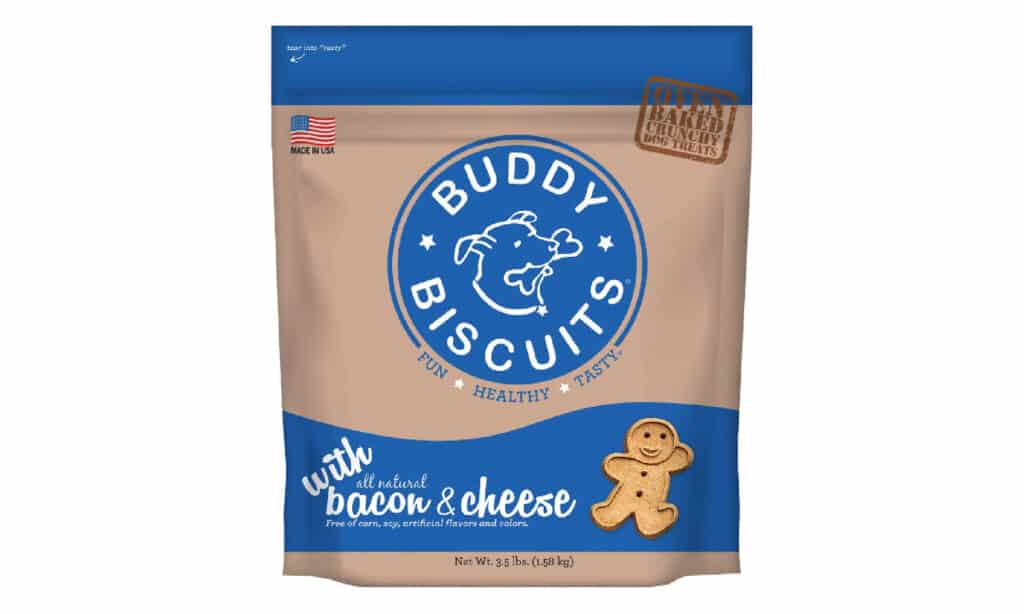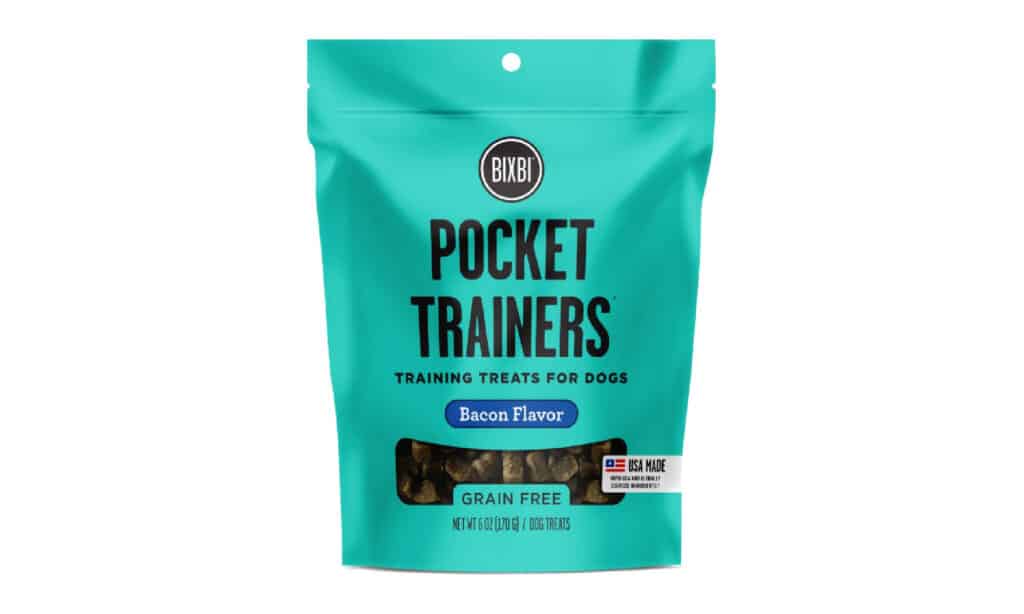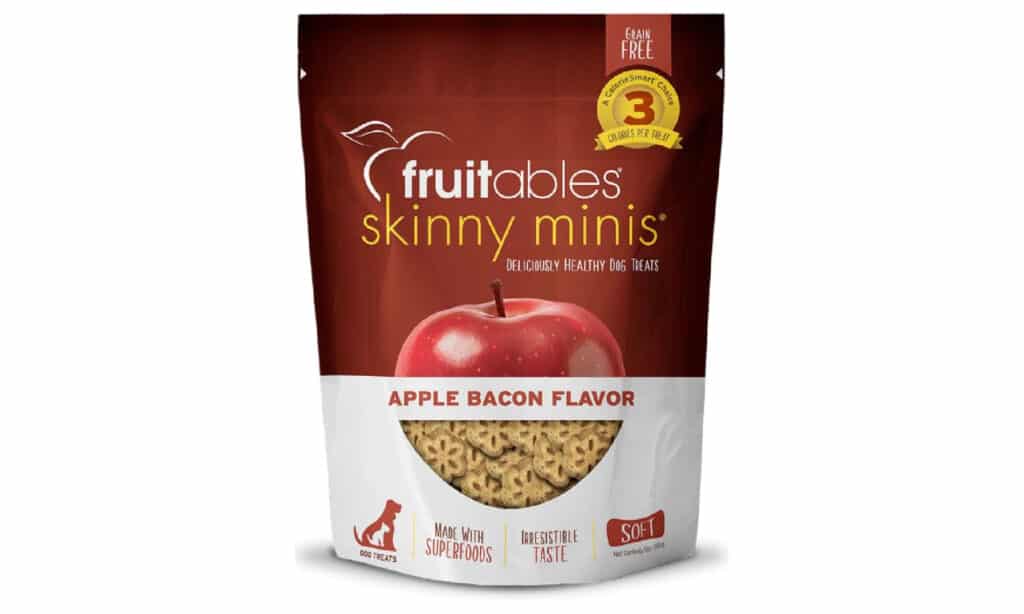Are you a dog lover who’s curious about whether or not sugar cane is safe for your furry friend to consume? Well, you’re in luck because we’ve got all the information you need right here! As pet owners, we always want to make sure our four-legged companions are getting the best nutrition possible, so it’s important to be aware of what foods are safe and what should be avoided. In this blog, we’ll take a closer look at sugar cane and whether or not it’s a good idea to let your dog indulge in this sweet treat. So, let’s dive in and find out if dogs can eat sugar cane!

What Is Sugar Cane?
Sugar cane is a really tall, grass-like plant that’s grown mostly for its sugar. You’ll find it in warm, tropical places like South America, Southeast Asia, and parts of Africa. The stalks can grow up to several meters high and they’re super fibrous and thick, which makes them perfect for getting lots of sucrose, a type of sugar.
When farmers are ready to harvest the sugar cane, they use big machines to cut the stalks down and then transport them to a processing plant where they can get the sugar out. The stalks are squished to squeeze out their juice, which is then boiled and boiled some more until it turns into a thick, gooey syrup. They take out any stuff that’s not sugar and then let the sugar crystals form, which they package up and sell so we can eat it.
Besides being a tasty sweetener, sugar cane has been used in traditional medicine for a long time and some people think it can help with different health problems. For example, some folks use sugar cane juice to help with dehydration or to soothe a sore throat. But it’s important to be careful because there’s not a lot of research to back up these claims.
Can Dogs Have Sugar Cane?
As a dog owner, you may be wondering if sugar cane is a safe treat to share with your furry friend. While sugar cane itself is not toxic to dogs, it’s important to keep a few things in mind before giving your dog this sugary snack.
First and foremost, sugar cane is very high in sugar, which can lead to weight gain and other health issues if consumed in excess. Dogs also have a different digestive system than humans, and too much sugar can cause an upset stomach or even lead to more serious health problems like diabetes.
Additionally, sugar cane can be difficult for dogs to chew and digest due to its fibrous texture. Chewing on sugar cane stalks can potentially cause your dog to choke or suffer from an intestinal blockage.

Harmful Ingredients in Sugar Cane:
There are actually some good things about sugar cane that can be safe and even beneficial when eaten in moderation.
One of the main perks of sugar cane is that it has important nutrients like iron, calcium, and potassium. These nutrients help keep your body healthy and strong, and your bones and muscles functioning the way they’re supposed to.
Sugar cane also has fiber, which is good for your digestion and can help lower cholesterol levels and decrease the risk of heart disease.
There have been a few studies that show sugar cane extract might have some cool health benefits, like helping reduce inflammation and improving liver function. But there’s still a lot we don’t know and we need more research to figure out the full effects of sugar cane on our health.
Safe Ingredients in Sugar Cane:
Yes, there are a few safe aspects of sugar cane that dogs can benefit from when consumed in moderation.
Sugar cane contains some important nutrients that can be beneficial for dogs, such as calcium and potassium. These nutrients help support healthy bones, muscles, and overall body function.
Sugar cane is also a good source of dietary fiber, which can help improve digestion and regulate bowel movements in dogs.
However, it’s important to note that the high sugar content in sugar cane can be harmful to dogs if consumed in excess. Dogs have a different digestive system than humans, and too much sugar can cause an upset stomach or even lead to more serious health problems like diabetes.
Additionally, sugar cane stalks can be difficult for dogs to chew and digest due to their fibrous texture, which can potentially cause choking or an intestinal blockage.

What Signs To Watch For If Your Dog Accidentally Ate A Lot of Sugar Cane?
If your dog has accidentally eaten a lot of sugar cane, there are a few signs that you should watch for to determine if they are experiencing any adverse effects.
The high sugar content in sugar cane can cause a sudden spike in blood sugar levels, which can lead to symptoms like increased thirst, frequent urination, and lethargy. In severe cases, excessive sugar consumption can even cause seizures or coma.
In addition, the fibrous texture of sugar cane can potentially cause a blockage in your dog’s digestive system if they consume large amounts. Signs of an intestinal blockage include vomiting, diarrhea, abdominal pain, and a lack of appetite.
If you suspect that your dog has consumed too much sugar cane or is experiencing any of these symptoms, it’s important to contact your veterinarian right away. Your veterinarian can evaluate your dog’s condition and recommend appropriate treatment, which may include supportive care, medication, or even surgery in severe cases.
When or If You Should Go To The Vet?
If you suspect that your dog has consumed a large amount of sugar cane or is experiencing symptoms of excessive sugar consumption, it’s important to seek veterinary care as soon as possible.
In some cases, excessive sugar consumption can cause a sudden and dangerous spike in blood sugar levels, which can lead to seizures, coma, or even death if left untreated.
Additionally, the fibrous texture of sugar cane can potentially cause an intestinal blockage in dogs, which can be life-threatening if not addressed promptly.
If you notice any of the following symptoms in your dog after they have consumed sugar cane, it’s important to contact your veterinarian right away:
- Increased thirst and urination
- Lethargy or weakness
- Vomiting or diarrhea
- Abdominal pain or bloating
- Lack of appetite
Your veterinarian can evaluate your dog’s condition and recommend appropriate treatment, which may include supportive care, medication, or even surgery in severe cases.

Safe Dog-Friendly Alternative to Sugar Cane:
If you’re looking for a safe and healthy alternative to sugar cane for your furry friend, there are several dog-friendly options to choose from.
Some good options include:
- Carrots: These crunchy vegetables are low in calories and high in fiber, making them a great snack for dogs. They also contain important vitamins and minerals that can help support overall health.
- Apples: Apples are another great option for dogs, as they are low in fat and high in fiber. They also contain antioxidants that can help boost immune function.
- Blueberries: These tiny fruits are packed with nutrients like vitamin C and fiber, making them a healthy snack for dogs. They also contain antioxidants that can help protect against disease.
- Sweet potatoes: These root vegetables are a good source of fiber and contain important vitamins like vitamin A and C. They can be baked or boiled and served as a tasty snack for your furry friend.
When introducing any new foods to your dog’s diet, it’s important to do so gradually and in moderation to avoid upsetting their digestive system. It’s also a good idea to consult with your veterinarian to ensure that the new food is safe and appropriate for your pet.
Healthy Store-Bought Options:
In conclusion, while sugar cane itself is not necessarily harmful, it’s important to consume it in moderation and be aware of the potential health risks associated with consuming too much sugar. Dogs should avoid sugar cane altogether due to their digestive system and the potential for choking.
When it comes to feeding our pets, it’s important to prioritize their nutritional needs and stick to safe, healthy options. By opting for dog-friendly alternatives to sugar cane, we can provide our furry friends with a tasty and nutritious snack that won’t compromise their health.
Whether you’re a dog owner or simply interested in learning more about sugar cane, we hope this blog has provided you with valuable information and insights. By staying informed and mindful of our choices, we can ensure that our pets and ourselves stay healthy and happy for years to come.
~Lindsie



